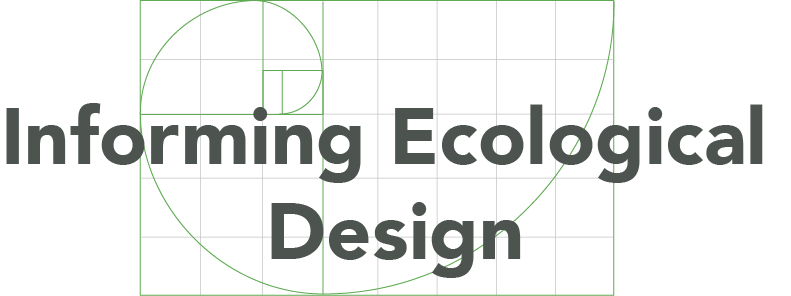Ask, Tell, Ask
The physician started his conversation with a question.
“What do you know about your condition?”
A family member and I were in the physician’s office to discuss a plan of care for a newly diagnosed condition. We had gotten a lot of information over the previous two weeks.
The physician’s initial question invited his new patient to state their understanding. It also invited the patient into conversation, a great way to begin a new therapeutic relationship.
Patient Engagement through Better Health Coaching
Many patients with diabetes don’t know the impact of oral health on their health and the implications for self-management.
To help health centers integrate oral and medical healthcare for patients with diabetes, our recent NNOHA collaborative included a skill known as Ask-Tell-Ask.
“Ask-Tell-Ask is a collaborative communication method that includes asking patients open-ended questions and assessing their existing knowledge before sharing information.” (UCSF Curriculum Guide, see below.)
Like our visit with the doctor three weeks ago, the first step is to ask the patient their understanding of the situation. The provider or coach listens for details that need clarification or facts that are missing.
The second step, tell, gives the provider the chance to give information about the situation, to clarify statements or give specific facts about the topic.
In the third step, the provider will ask for feedback: What does the patient now understand about the topic and next steps?
PDSA Practice
Ask-Tell-Ask is a perfect candidate for Plan-Do-Study-Act testing. Dr Geoff Lines, dentist at Sunset Community Health Center in Arizona, used PDSA to try Ask-Tell-Ask with a couple of patients. On our May NNOHA collaborative call, he enthusiastically reported his experience. Geoff identified two benefits, which match what I’ve learned from my teachers and my own coaching practice.
Save time: Use time more efficiently by focusing on specific information needs; skip information that the person already knows.
Build trust: invite a conversation with open-ended questions; seek to understand before you give advice.
Resources
All three resources were accessed 25 July 2022.
UCSF: Ask-tell-ask curriculum guide https://cepc.ucsf.edu/sites/cepc.ucsf.edu/files/Curriculum_sample_14-0602.pdf
AMA: Ask-tell-ask sample dialogue https://edhub.ama-assn.org/data/journals/steps-forward/937327/10.1001stepsforward.2017.0048supp3.docx
Institute for Healthcare Improvement Ask-tell-ask: Audio and Video by Connie Davis RN, MN, ARNP, Co-director of the Centre for Collaboration, Motivation and Innovation. https://www.ihi.org/education/IHIOpenSchool/resources/Pages/AudioandVideo/ConnieDavis-WhatIsAskTellAsk.aspx You may have to register with IHI to access this resource. IHI doesn’t abuse your registration and they have a lot of useful content.











